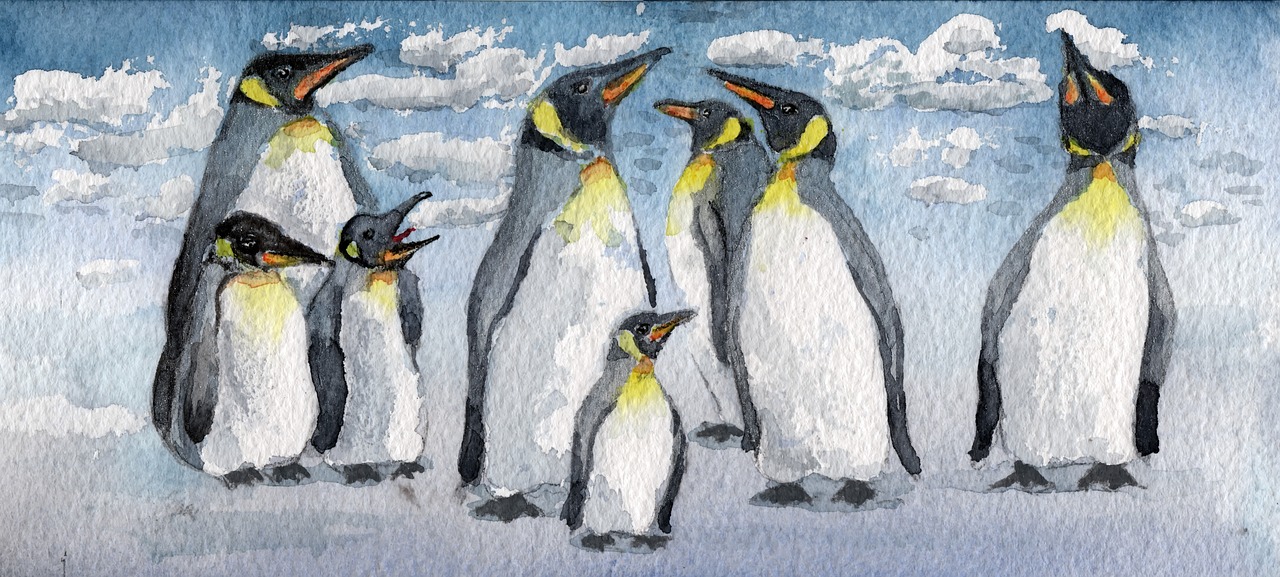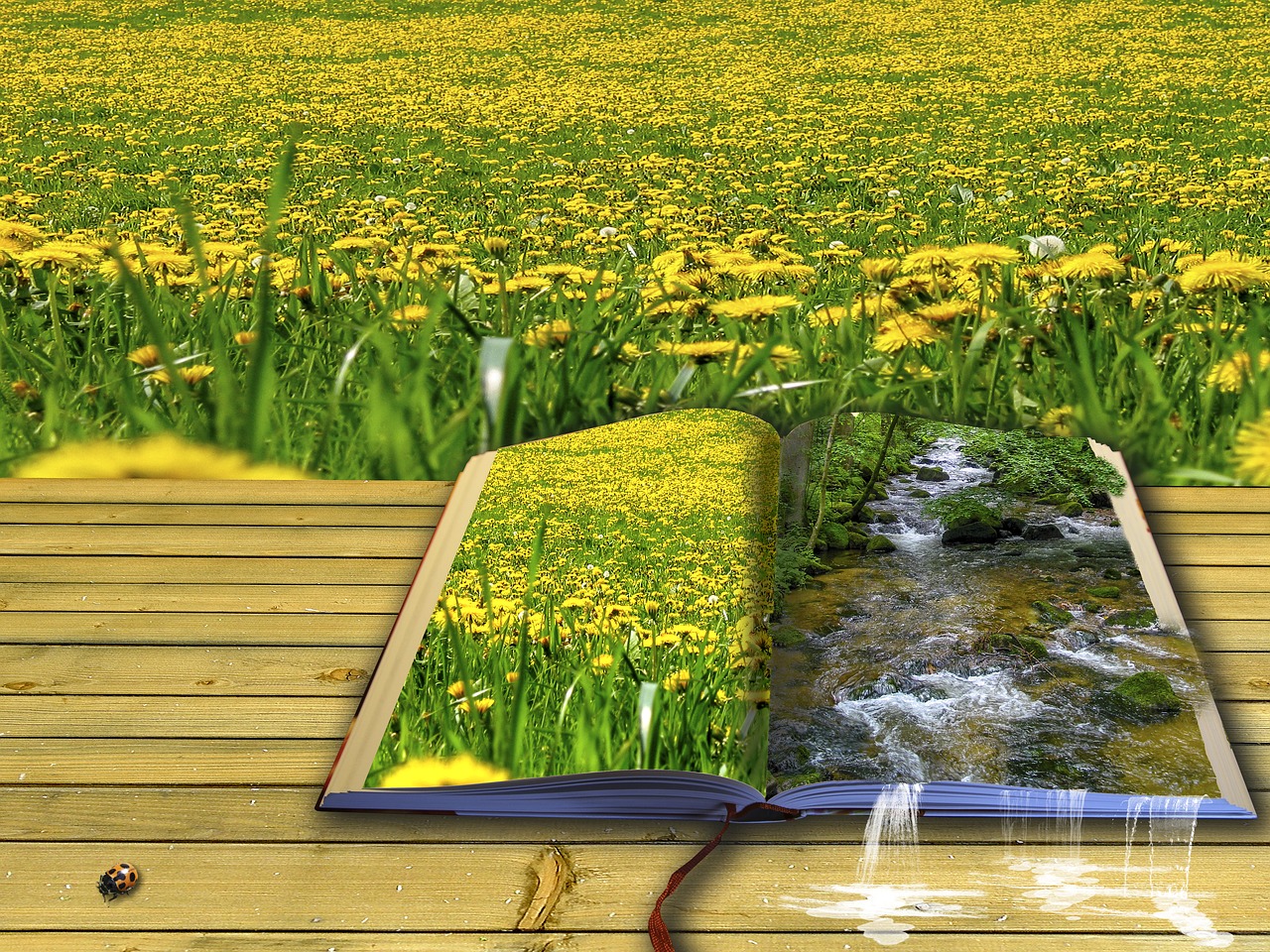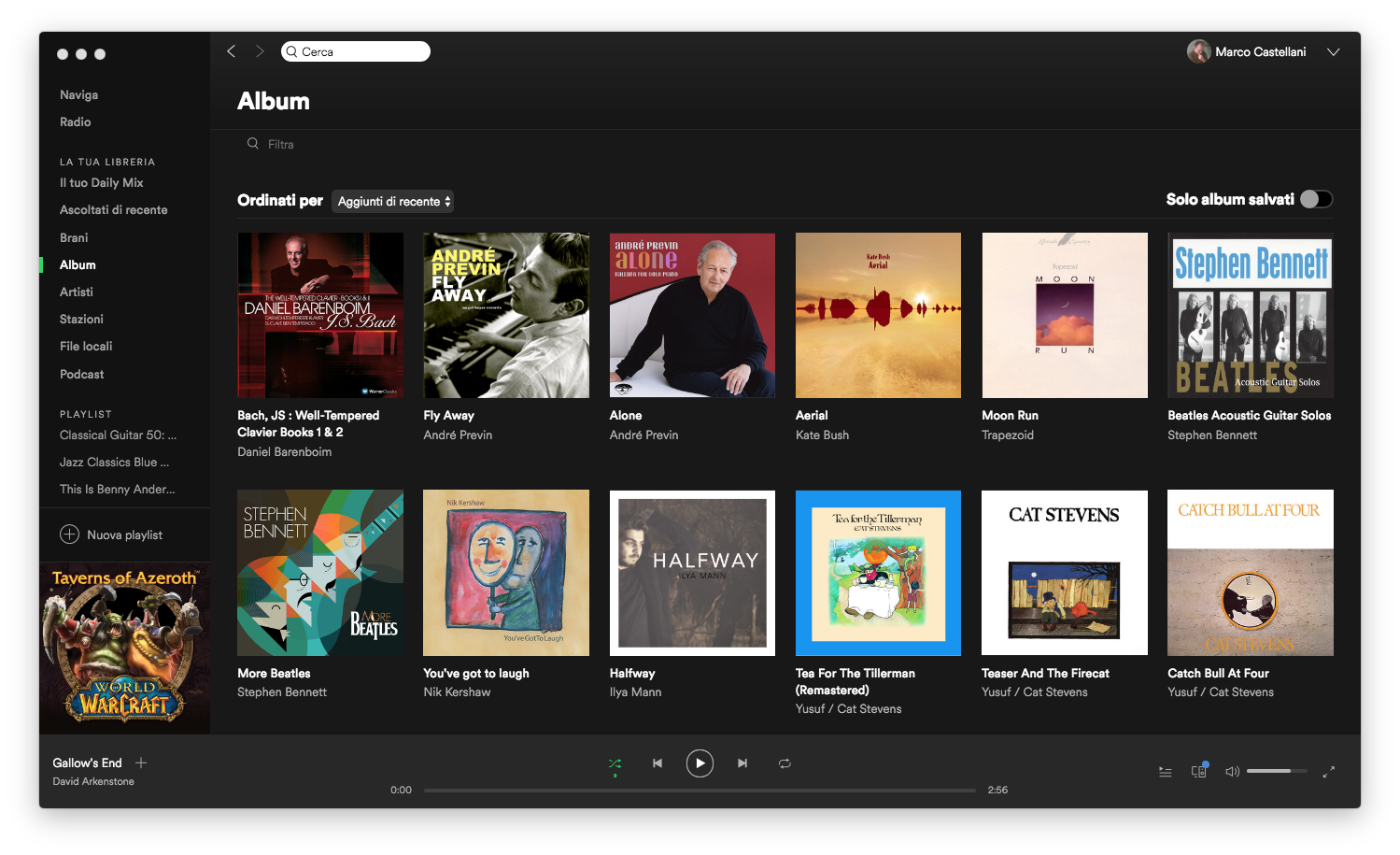From an interesting article that appeared in the middle of 2018, you could understand that the things kept moving, last year, for the Open Source ecosystem.This is open source beyond Linux and, according to Zemlin, is indicative of one of the best years and most robust periods at The Linux Foundation itself. That’s just fine and it’s also pleasant, that the Open Source movement becomes each day more robust.
But it’s more interesting, in these days, to see what kind of previsions can be made about the state of one of the most successful open source project: I’m talking obviously of Linux, the free operating system.

Speaking of that, the pages of Linux Journal hosts a very interesting conversation between “the leaders of three of the most prominent Linux distros of the day”, namely Debian Project, elementary, Fedora Project.
Thinks are moving fast for Linux, as you know: they always do it. Even in 2019 we can enucleate some trends, seeking the best rising linux distros, and trying to understand the reasons behind their upcoming fortune: it’s what happens in a detalied article of TechRadar. Well, you might be surprised in seeing that one of the five selected distro is really one of the most ancient one… but no more spoilers, even in I guess you already understood!
It’s also worth a look the 5 Linux Prediction for 2019 from UMG!Ubuntu! website. From all listed, for me the most interesting is surely #4, about novel hardware. If Linux has really to land on common people’s desktops (which is a theme almost recurrent in the last ten years or so…) it has to be easy, really easy, and fully integrated with the specific hardware.
We are in 2019 now. People wants computers and mobile devices that works out of the box. Besides all, wars of opinions like windows or linux or mac have completely loosen sense now, in the age of instant communication and social media. If it works well, it’s fine. Even better, if it’s cheap and work well.
From the quoted article, on Linux Journal,
I still have big printed manuals for a few early Linux versions, which, back then, were necessary for getting just about everything working (from X11 to networking and sound). Heck, sometimes simply getting a successful boot required a few trips through those heavy manuals. Ah, those were the days.
Well, those days (those glorious days) are gone.
Is exactly on this ground that linux on desktop may gain its sense.
It’s a great challenge, because both macOS and Windows are very complete and polished operating system, featuring great integration with mobile devices.
It’s a great challenge. Let’s see what happen, during this new year.




 ArXiv is entirely opened, you can browse and download articles without any restriction (you don’t even have to login). It’s updated daily and it’s articulated in various disciplines. As a whole, it’s a very pragmatic way to show the benefit of free idea circulation within science.
ArXiv is entirely opened, you can browse and download articles without any restriction (you don’t even have to login). It’s updated daily and it’s articulated in various disciplines. As a whole, it’s a very pragmatic way to show the benefit of free idea circulation within science.